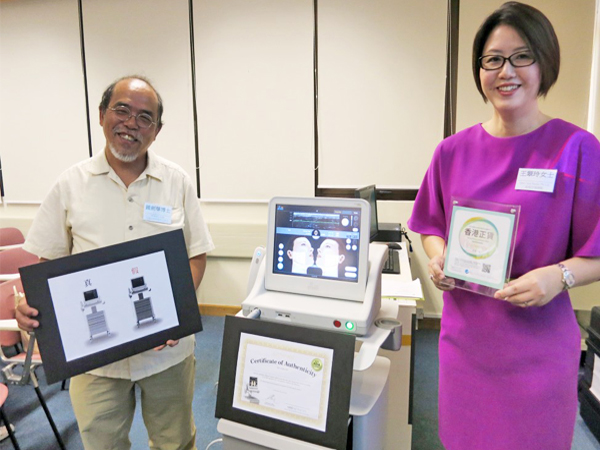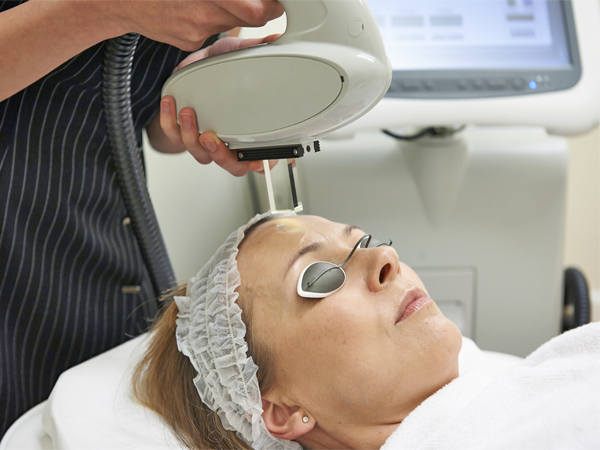A new study has revealed a startling number of clients can’t tell the difference between a fake and legit piece of beauty equipment.

As reports of injuries due to the use of illegal and dodgy equipment continue to rise and with government crackdowns on beauty equipment now in full swing, you might be alarmed to learn that your clients may not have the faintest idea as to what a legitimate beauty device looks like.
In a study by Hong Kong’s Polytechnic University in which participants were shown various types of beauty equipment – some authentic, some dodgy – just 15.6 per cent of interviewees asked for more information about the machines.
The survey, which was conducted with over 300 clients who’d used devices for facial and beauty treatments in the past three years, found that equipment quality only ranked fourth for clients when it came to selecting beauty treatments. Around 96 per cent of respondents instead listed the skill and experience of the therapist operating the device as the most important factor.
almost half of all participants either never or seldom understood the origins of the devices being used
Shockingly, almost half of all participants either never or seldom understood the origins of the devices being used. And while the same study is yet to be conducted in Australia, its results offer a potential explanation as to how underground and backyard salons continue to operate successfully, despite putting clients at major risk.
New legislation is expected to come into play on Aussie soil shortly, which will restrict salons from using certain pieces of equipment without extensive government-approved training investment, but only time will tell if the government’s involvement will be enough to deter clients from gambling with their health in the crop of underground salons that continue to evade authorities.
Have your say: Do you think salons have a responsibility to educate clients on beauty equipment?

